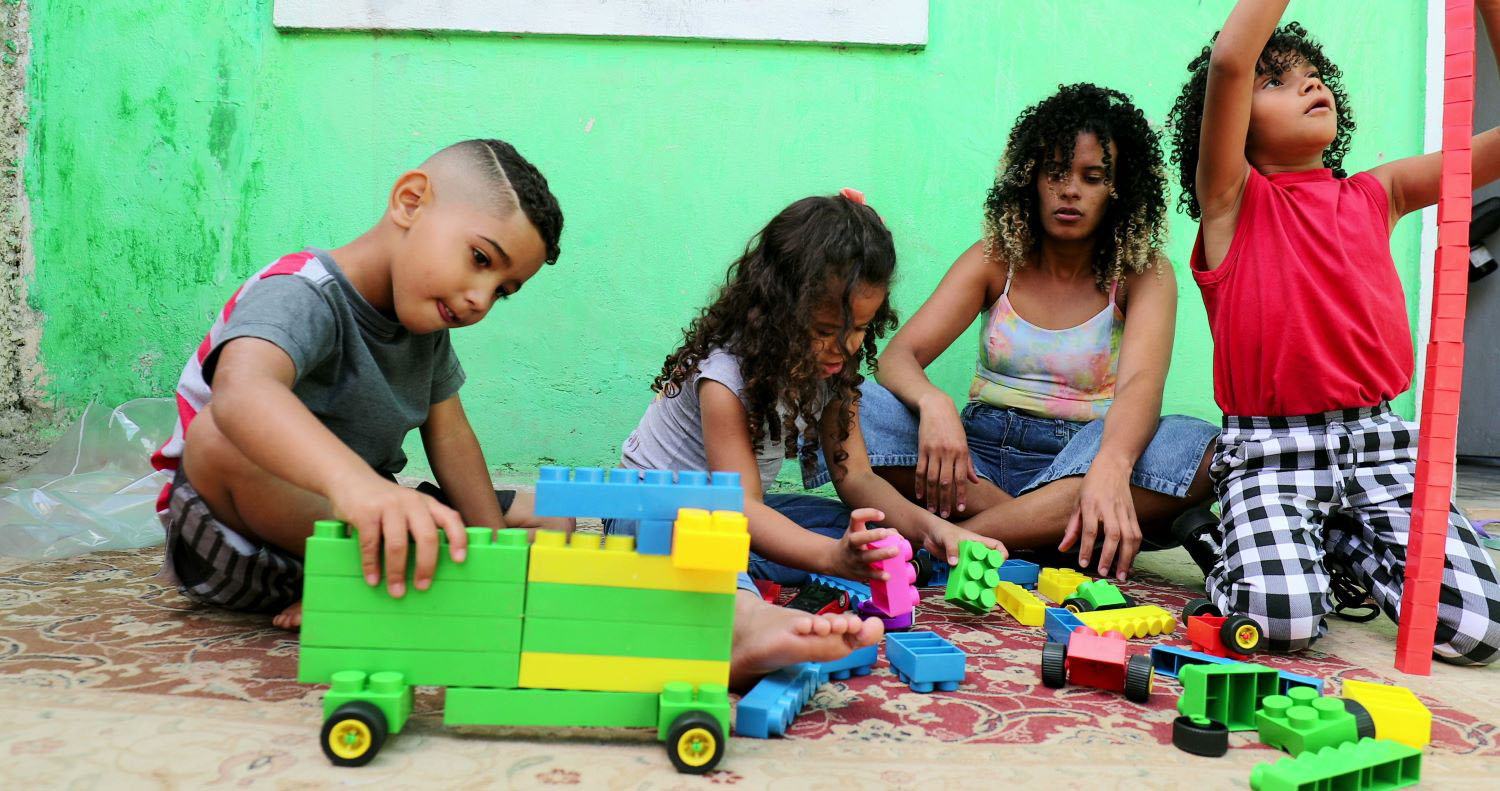Since last International Women’s Day, remarkable women, girls, and allies have created policy changes to improve gender equality globally. To mark the day, here are eight achievements to celebrate:
1. Countries impose tough penalties on gender-based violence
In 2018, India created a new division to specifically address issues related to women’s security, including expanding the definition of sex crimes and speed assault case prosecutions. Morocco and Tunisia also criminalized and imposed mandatory fines for sexual harassment and violence. Following the lifting of Saudi Arabia’s women drivers ban, the country also outlawed sexual harassment.
2. Mexico collects good gender data and uses it to increase women’s financial inclusion
Mexico is one of the few countries in the world where financial institutions must break down their data by gender. Since collecting this data, legislation, leadership and collaboration to promote women’s inclusion in the economy has increased. From these efforts, the proportion of women who have access to bank accounts increased to 65 percent in 2018. Banks also noticed that women use products like retirement savings less, so they changed their programs to provide more women with pension benefits and insurance.
3. Mali provides free healthcare for pregnant women and children under five
Mali’s child mortality rate is amongst the highest in the world: 106 deaths per 1,000 births. This decades-long problem is being addressed by increases to the national healthcare budget which will remove user fees for pregnant women and children. The reforms are evidence-based and informed by many studies, including one that found that door-to-door free healthcare led to a reduction of child mortality by 95 percent.
4. US government commits more money to gender-lens investing
From OPIC 2X Women’s Initiative which is working to mobilize $1 billion, to the Women’s Entrepreneurship and Economic Empowerment Act which strengthens USAID’s gender programs, to the Women’s Global Development and Prosperity Initiative which seeks to empower 50 million women, the USG has taken significant strides in the past year to promote women’s economic outcomes. The government also spearheaded the Women Entrepreneurs Finance Initiative—now housed at the World Bank. While questions remain, and more work is needed, these efforts are steps in the right direction.
5. Non-profits evaluate their gender representation in leadership
After incidents of sexual assault and harassment at Oxfam were made public, many non-profits and international organizations took a hard look their own gender and diversity (including CGD!). As a result, many have adopted policies to facilitate more inclusive operations: CGD adopted a “no single-sex panel” policy, the Red Cross has committed to 50 percent female leadership by 2020, and the G7’s Whistler Declaration on Gender Equality has urged its public humanitarian agencies to make gender equality an organizational priority.
6. Ireland votes to remove abortion ban
In May, Irish voters decided to remove one of the world’s most restrictive abortion bans. The new law guarantees unrestricted abortion up to the 12th week of pregnancy and longer in situations of serious health risk. Voters have demonstrated Ireland’s changing social attitudes; in the past few years they have pushed for same sex-marriage and elected a gay prime minister.
7. Australia advances women’s financial security
Australia’s 2018 budget included significant funding to help close the gender pay gap by promoting women’s workforce participation. This follows the country’s $2.5 billion investment in childcare. This summer, Australia plans to release its final National Action Plan to reduce violence against women and children.
8. WHO and Congo allow pregnant women to receive Ebola vaccine
Since 2015, fatality rates of pregnant women with Ebola have been as high as 91 percent—there is also a 100 percent rate of miscarriage, stillbirth, or neonatal death. The decision comes as a result of the Congo’s second largest Ebola outbreak last month. Resistance to providing the vaccination for women in the past has largely come from the uncertainty of its effects in pregnant women—pregnant women are usually excluded from public health trials. This policy creates a crucial opportunity to collect data on vaccinations and pregnancy to inform future research.
What are you celebrating this International Women’s Day? Let us know on Twitter @CGDev using #BalanceforBetter.
Please join us on March 19 for our upcoming event, “Empowering Ultra-Poor Women” with Women for Women International. We hope to see you there!
CGD blog posts reflect the views of the authors, drawing on prior research and experience in their areas of expertise.
CGD is a nonpartisan, independent organization and does not take institutional positions.






